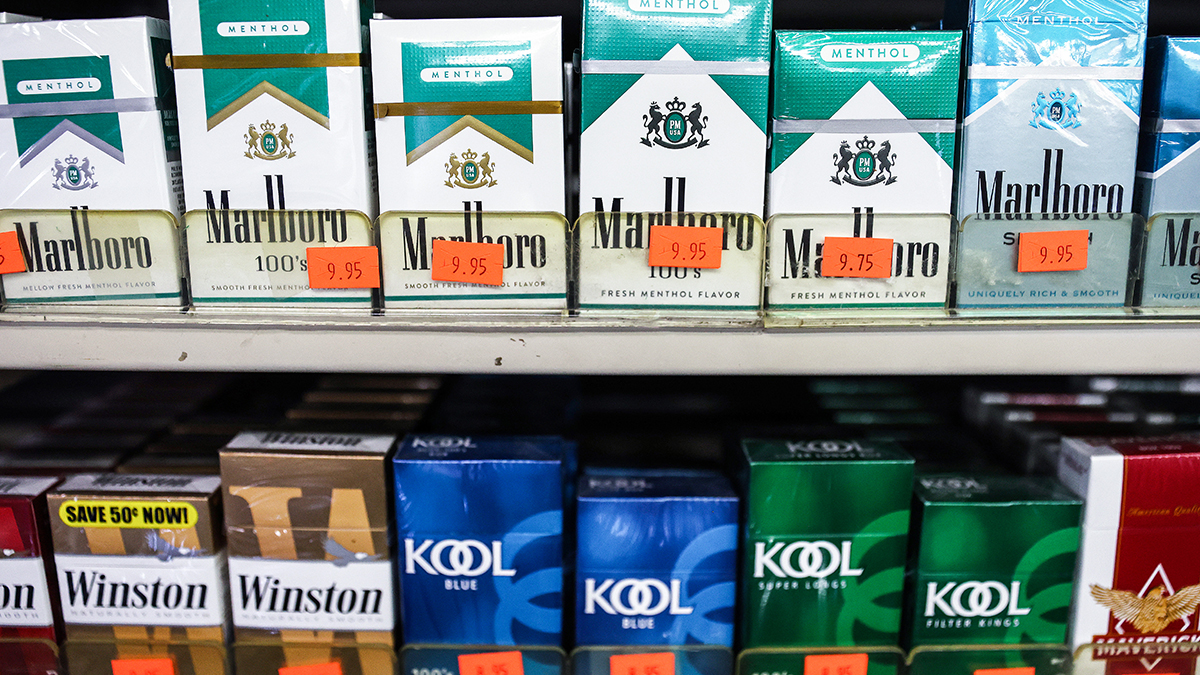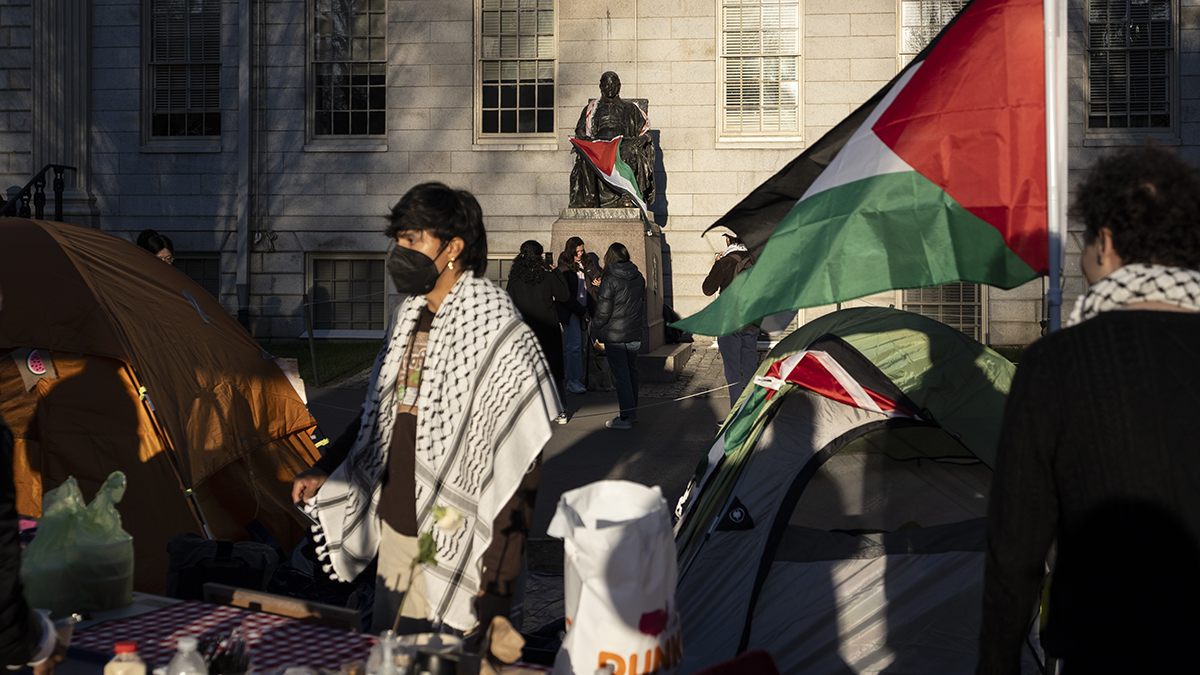The man arrested in the killing of the 4-year-old girl known for decades as "Baby Hope" has spoken for the first time about her short life and recanted his confession to killing the girl in 1991.
Conrado Juarez, 52, was arrested Saturday in the decades-old cold case after he confessed to raping and smothering the girl, whose real name is Anjelica Castillo. Police said Juarez and his now-dead sister devised a plan to leave her body in a cooler in the woods in upper Manhattan in 1991.
But in an interview with the New York Times published Thursday, Juarez said he was coerced and under duress when he gave a videotaped confession to NYPD detectives.
He nevertheless admitted to the Times he helped dispose of Anjelica Castillo's body after his sister Balvina allegedly called him on his cell phone to say the girl fell down the stairs and died. Balvina Juarez had become the girl's primary caretaker after their uncle — Anjelica's father — dropped off the girl and her sister and never returned.
The Times noted that Juarez, then a kitchen worker who did not speak English or have working papers, would have been one of fewer than 3 percent of people in the U.S. who had a mobile phone in 1991.
Juarez told the Times he helped his sister stuff the girl into a cooler, and together the siblings flagged a taxi and rode to the park near the Henry Hudson Parkway where they dropped the cooler.
Anjelica's mother did not seem to be able to care for her daughters, Conrado Juarez said, and Balvina Juarez seemed to be a good choice for a foster mother because she was in her late 40s and had never had children of her own.
U.S. & World
The day's top national and international news.
"I told my sister: ‘You should get some kind of receipt,'" Juarez told the Times. "Even if it’s not notarized or formally prepared by a lawyer, get the real mother to sign something. You are going to be the ones raising those girls.'"
Juarez said when the girls misbehaved, his sister would tie them to a chair or smack them. He said he tried to talk his sister into sending the children to the family's native country, Mexico.
He said despite being frustrated, Balvina Juarez loved the girls.
Juarez returned to Mexico to bury his sister after she died from a stroke in 1995, he told the Times, leaving Anjelica's sister with his female partner and their children. He smuggled himself back into the country about a month later and arranged to return Anjelica's sister to her mother. That's when the mother, Margarita Castillo, learned Anjelica had died four years later.
"I'm the one who told her," he said. "I told her, 'She is no longer with us,' and that was that. She did not ask a lot of questions."
"She knew where the girls were the whole time. The truth is that she never visited or called those girls," he said. "She seemed happy to have Maribel back."
Anjelica's mother declined to comment to the Times, but, in an exclusive interview with Telemundo News this week, she said she never reported Anjelica missing because she believed the girl was in the care of their father, from whom she had separated.
"Because she wasn't missing -- her father took them away and maybe that was my mistake, let him take them away," she said in Spanish. "I did not go to the police because I was afraid of not being heard. I was afraid, not knowing the language."
Juarez is now awaiting trial at Rikers. He told the Times he was resigned to spending the rest of his life in prison but insisted that his confession was coerced and that the detectives took turns grilling him.
A person with knowledge of the case told the Times that in his confession, Juarez "said something about how she died that only the person who did it would know."



